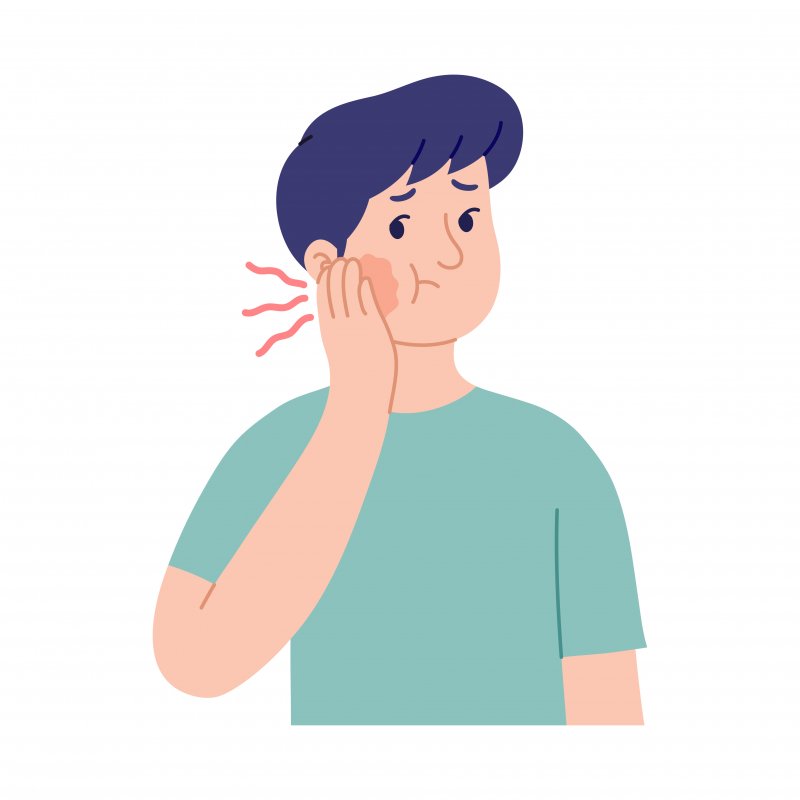
It’s easier to tell that there’s a problem than to figure out what exactly that problem is. You can tell that your car is making a grinding noise, but you’d probably need a professional to figure out why. The same applies to your oral health. Many oral health problems exist, and telling one from another requires years of experience and training. If you have a bump on your gums, determining what’s causing it might be a challenge. Here’s a guide that might help you if you’re having a little bit of trouble.
Why Do I Have a Bump on my Gums?
There are several reasons you might have developed a lump on your gums, some more serious than others. The exact cause will have to do with what kind of lump you’re dealing with. Here are some of the most common:
Cyst
- Soft bumps filled with liquid, air, or other soft materials
- Usually form around dead teeth or ones that haven’t sprouted
- Painless unless they become infected
- Grow slowly over time
Abscess
- Soft, warm bumps. The area around them may be red and irritated
- Very painful. Usually associated with pain in the mouth, jaw, or running down the neck. This pain may get worse suddenly, or when lying down
- Caused by bacterial infection
Canker Sore
- Small ulcers that form on the base of the gums
- White or yellow, surrounded by red areas of irritation
- Noticeably tender
- Unclear cause
- Go away on their own after a few weeks
Fibroma
- Most common oral protrusion
- Hard, round, and smooth
- Often the result of irritation from dentures or other oral appliances
- Painless
Pyogenic Granuloma
- Looks similar to a blood blister, might bleed
- Unclear cause, sometimes coincide with hormonal changes, e.g., pregnancy
- Usually painless
Mandibular Torus
- Relatively common bony protrusions along the gums
- Take on a variety of shapes, but are usually hard and smooth
- Unclear what causes them, but they’re usually harmless
Oral Cancer
- Cancerous tumors might be a small growth or thickening of the skin. They can pop up anywhere in the mouth
- The lumps themselves might not be painful, but they’re usually accompanied by pain when chewing or swallowing, or by a sore throat
- Can also be associated with a bleeding sore that won’t heal
What Do I Do About the Bump on my Gums?
Some bumps, like canker sores, will go away on their own. However, most require some kind of professional intervention to remove. Also, just because a bump is painless doesn’t mean it’s harmless; cysts, for example, can disrupt the growth of surrounding teeth. If you have a lump that looks even remotely serious, the best thing is to talk to your dentist. They’ll be able to tell definitively what the issue is and how to address it.
About the Author
Dr. Robert Camenzuli is a dentist that believes you shouldn’t just treat teeth— you need to listen carefully to the patient and treat them with gentle, personalized care. That philosophy has earned his practice a reputation for high-quality and comfortable dentistry. Dr. Camenzuli received his Doctor of Dental Surgery from the Louisiana State University School of Dentistry. He’s also a Fellow of the Academy of General Dentistry, a distinction held by less than 6% of providers across the U.S. and Canada. If you have any questions about a bump on your gums, he can be reached at his website or by phone at (504) 584-4225.
